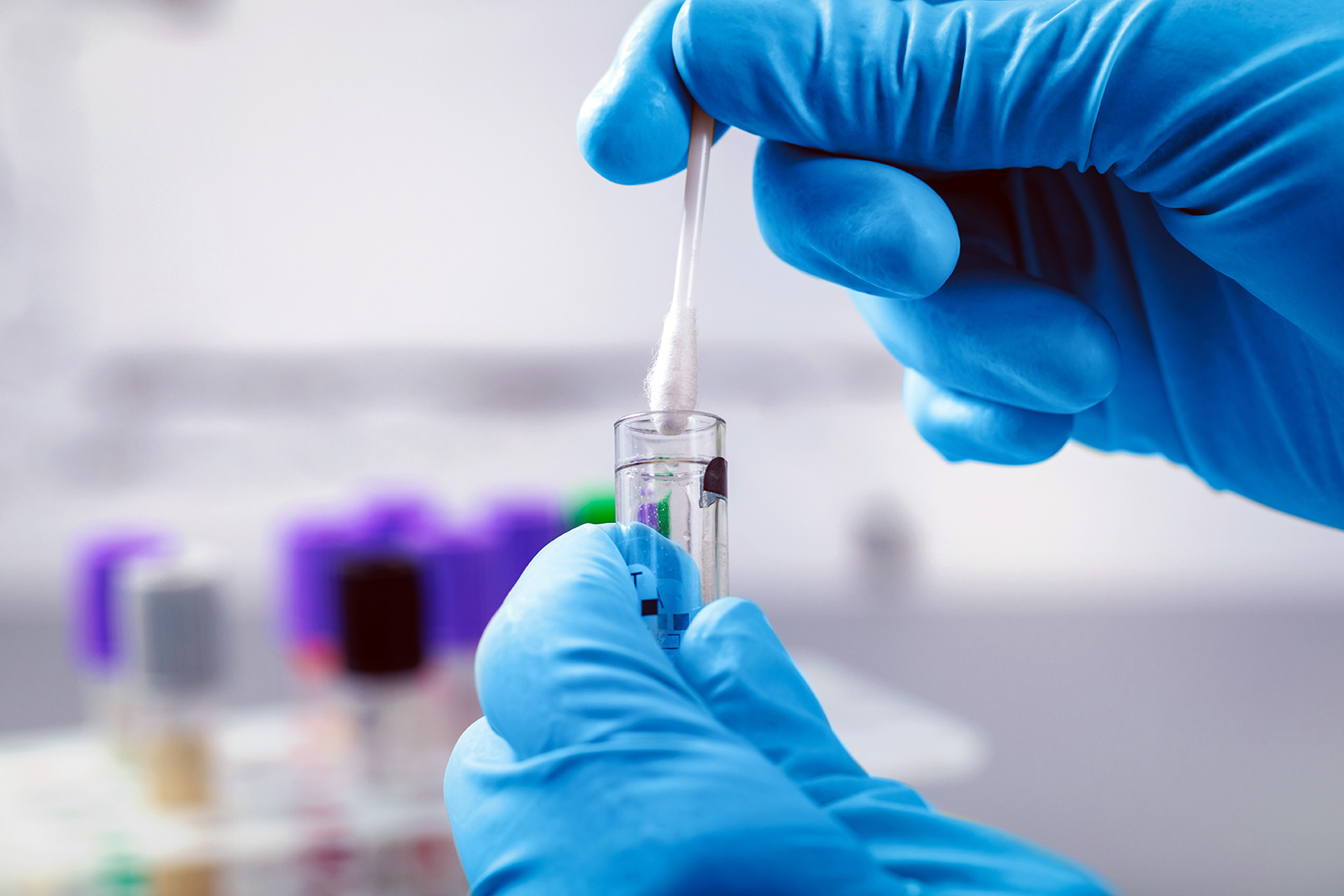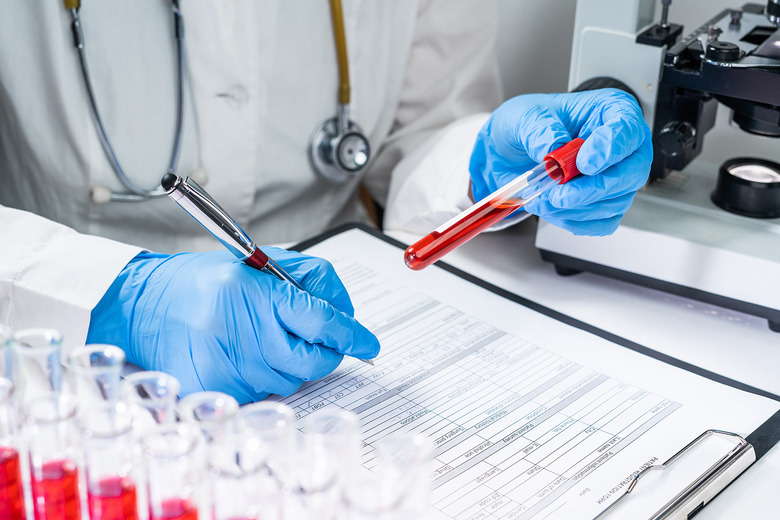Scientists May Have Found A Way To Make A Universal Donor Blood
Blood donors are an important part of our medical system. Unfortunately, not everyone's blood is compatible with everyone else's, and doctors have to worry about whether or not they have enough of certain blood types when dealing with blood transfusions. But, new research could finally help us create universal donor blood, revolutionizing medicine forever.
This kind of breakthrough is, obviously, something that scientists and doctors would love to see. And it could be made possible thanks to a bacteria enzyme found in almost everyone's guts. That's because this enzyme is capable of removing antigens from red blood cells that help determine blood type.
If we're able to strip away the differentiating factors between different blood types, we could end up with universal donor blood that is able to be used more widely than the currently limited blood supplies that we have that are broken up by groups based on their antigens. Considering how important transfusions can be to some treatments, this breakthrough would change our medical system forever.

The enzyme was discovered by researchers at the Technical University of Denmark (DTU) and Lund University in Sweden. The researchers used the enzyme to remove the A and B antigens from red blood cells, bringing them one step closer to making donor blood more universal.
This is the first time that we've seen enzyme cocktails like this that can not only remove the A and B antigens but also extend a few other variants, the researchers explained in a statement to New Atlas. Blood groups are typically broken up based on the antigens found in the red blood cells.
If we can remove those antigens, then a universal donor blood would be well in reach. The other variants mentioned by the researchers include blood group antigens discovered since the main four groups were discovered over 120 years ago. There are currently 45 recognized blood group systems, with a total of 362 red blood cell antigens in the mix. The presence of these antigens is determined by 50 different genes.
The bacteria responsible for the enzyme is called Akkermansia muciniphila, and it is found in healthy human gut lining, making it readily available for research purposes. The researchers tested 24 enzymes on blood samples and found that they were very efficient at removing the A and B group blood antigens, creating a universal donor blood. It was more effective against B antigens, so there's definitely some scaling to be done here.
